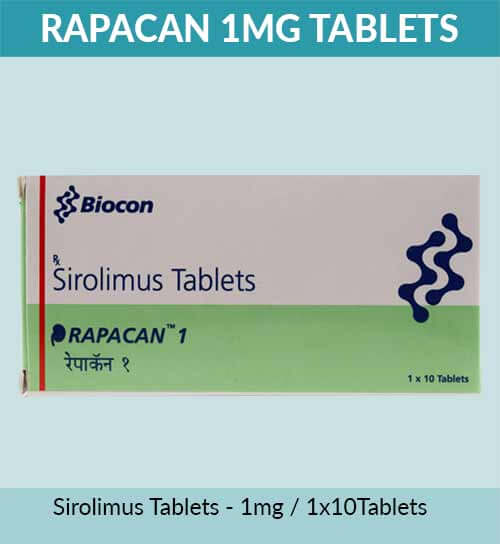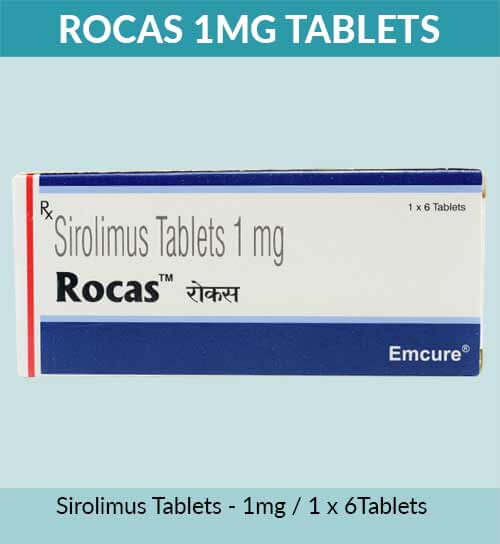Sirolimus
Sirolimus is a medication that belongs to a class of drugs called mTOR inhibitors. It is used in the prevention of organ rejection after kidney transplantation. Sirolimus works by suppressing the immune system and inhibiting the activation of certain immune cells involved in the rejection process.
In addition to its use in transplantation, sirolimus is also employed in the treatment of certain types of cancers, including advanced kidney cancer and certain types of lymphomas. It can be used alone or in combination with other medications for these indications.
Sirolimus is typically taken orally in the form of tablets or liquid solution. The dosage may vary depending on the specific condition being treated and individual factors such as kidney function. Close monitoring of blood levels and regular follow-up with a healthcare professional are necessary to ensure the medication’s effectiveness and manage potential side effects.
Common side effects of sirolimus may include mouth ulcers, high cholesterol levels, high blood pressure, impaired wound healing, and increased susceptibility to infections. It may also affect kidney function and blood cell counts. Therefore, regular monitoring of kidney function, cholesterol levels, and blood counts is important during treatment.
Sirolimus may interact with other medications, so it is crucial to inform the healthcare provider about all current medications, including over-the-counter drugs and supplements, before starting treatment.
In summary, sirolimus is an mTOR inhibitor used in the prevention of organ rejection after kidney transplantation. It can also be employed in the treatment of certain cancers. Close monitoring and regular follow-up are necessary to ensure its effectiveness and manage potential side effects.


